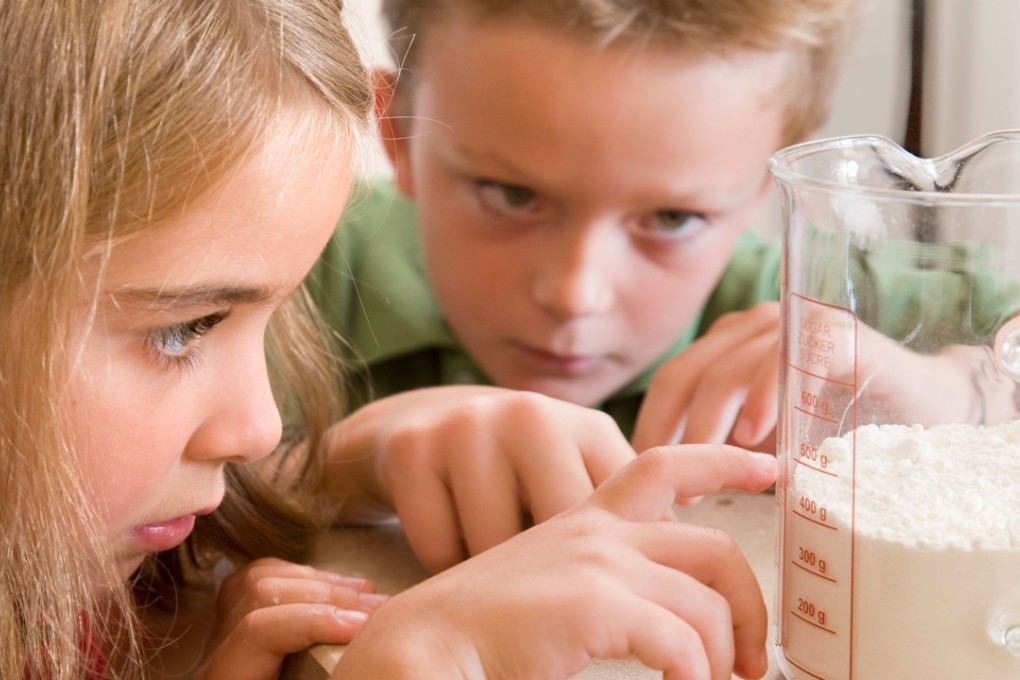Relax! Your kids need summer holiday to recharge their batteries - so no need for study, just some fun educational activities
If you’re a parent who worries their child’s academic skills with suffer over the holidays, you’re worrying about nothing. They need the time to have fun with friends. Give them educational things to do like reading or keeping a scrapbook

My daughter, a pupil at a Hong Kong primary school, has problems remembering facts and skills after she’s been taught them, especially in maths. I’m worried her academic skills will suffer during the long summer break.
Julie McGuire writes: Parents often fear that their children are going to regress academically over the summer holiday. This is rarely the case. However, during this extended period, important skills, especially those focused on reading and maths, can be consolidated and even extended, in all sorts of fun ways.
Many schools give little or no homework over the summer break, although teachers sometimes ask pupils to start researching topics they will be studying the following term. General activities that may be encouraged are, for example, reading, holiday scrapbooks and writing postcards to be shared with the class on return to school.

One head in Britain whose school achieves outstanding academic results has been outspoken in his views that students should do no schoolwork during term breaks. He believes that the emphasis should be on something different, recommending plenty of rest, sleep and recreational reading as well as some cultural sightseeing and music practice.